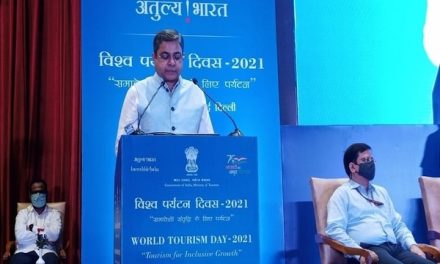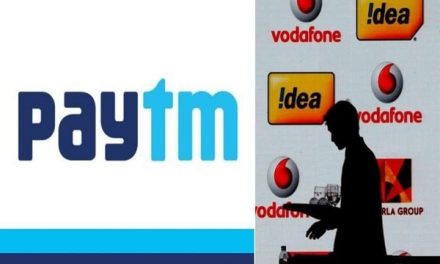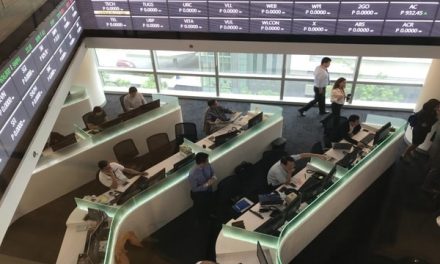The Indian Railways has decided to operate 80 new special trains from September 12, for which reservations will start from September 10. The railways will also introduce “clone trains” that will run just ahead of the ones which have a long waiting list for more than seven to ten days.
These 80 trains will be in addition to 230 trains that are already on track. Addressing a virtual press conference, Railways CEO VK Yadav said that the national transporter will monitor special trains, and wherever there is a demand for a train or the waiting list is long, the Railways will run a clone train.
The decision was taken after monitoring the demand for tickets for various routes. Railway Board Chairman VK Yadav said, “We will run trains whenever there is a request from the state governments for exams and other such purposes”, said Yadav when asked about operating trains for candidates appearing in various exams across the country.
The timing of these trains will be as per regular trains. Stoppages will be restricted and will be taken into consideration by a discussion with respective state governments. Indian Railways had suspended all passenger trains due to the imposition of a nationwide lockdown from March 25. However, it resumed services in a staggered manner, with Shramik Special trains to help stranded migrant workers reach their home states from May 1.
Yadav said the Railways will be monitoring all the trains that are currently in operation to determine which trains have a long waiting list.
The list of 40 pairs of trains shows that a few will run on routes, including Delhi-Gorakhpur, Yashwantpur-Gorakhpur, Muzaffarpur-Valsad, Chhapra-Chennai, Korba-Vishakhapatnam, Puri- Ahmedabad, Dhanbad-Ferozpur, and Bhagalpur-Delhi. A large number of the migrant workforce comes from places such as Gorakhpur, Muzaffarpur, Bhagalpur, Lucknow, and Puri.
Here’s the complete list of 80 new special trains (40 pairs) to be run from September 12.



Also read: Indian Railways may run additional special trains from Delhi to several cities
Yadav said while the occupancy for the existing 230 special trains was 75% on an average, it has now increased to over 80%. Only in the case of 12 trains, the booking is very low and railways may discontinue services on a few such routes.
On the clone train issue, Yadav said wherever there is a demand for a particular train and wherever the waiting list is long, the railways will run such trains ahead of the actual trains. “These will have lesser stoppages and would cater to the need of passengers traveling for long distances,” he said.
Indian railways had suspended all passenger trains due to the imposition of a nationwide lockdown from March 25. However, it resumed services in a staggered manner, with Shramik Special trains to help stranded migrant workers reach their home states from May 1. Thereafter, it also started 230 special trains across the country. Even as the national transporter was ready to run more trains since July, several states requested Indian Railways to cancel some of the passenger trains due to a surge in the number of COVID-19 cases.
Yadav said that 80 trains have been introduced keeping in mind the COVID-19 situation and also to allow reverse migration of workers to urban areas for work, with the country entering into the Unlock 4.0.
Indian Railways will also introduce clone or duplicate trains to where there is a long waitlist, to ensure the availability of trains for passengers. The national transporter plans to start these clone trains in a phased manner in the next 15 days.
“We have been monitoring the occupancy of all trains. Where we feel that the occupancy has increased and more waitlist is for over 10 days, for those trains, we will run clone or duplicate trains. These trains will run ahead of existing trains so that for the particular train, the waitlist is not there,” Yadav told reporters in a virtual briefing.
Besides, out of the 230 trains, some trains can be canceled owing to limited occupancy. While the average occupancy for these 230 special trains was 75% on an average, it has now increased to over 80%, he said.
The Centre is also in discussion with the West Bengal government to work out modalities for starting metro rail in Kolkata. “Once that is finalized next week, we will start metro rail in Kolkata,” he said.
BULLET TRAIN PROJECT
Amid reports of a delay in completion of the Mumbai-Ahmedabad high-speed rail corridor or the bullet train project, Yadav said that the real timeline of the completion of the project can be provided only in the next three-six months.
He said that in projects like these, there are two important things—fixing the alignment and design as well as getting environment, forest, and land acquisition-related clearance. In this case, barring land acquisition, there is no other hurdle.
“In any linear project like the bullet train project, work can only begin when a certain amount of land is available. Within three months, we are expecting to acquire 95-100% of land in Gujarat. In Maharashtra also we are expecting that in the next three to six months the land acquisition will improve a lot. Once the land acquisition is clear, we can start the physical work. So that will be the appropriate time to reassess project implementation time,” he said.
Also read- Special Trains: Indian Railways announces 23 special trains for NDA, NA exam












